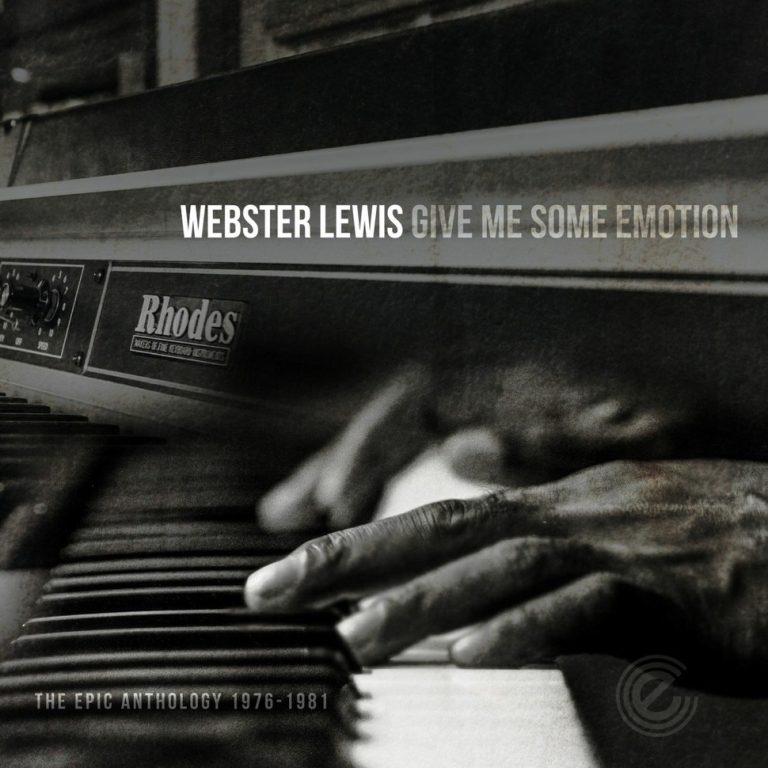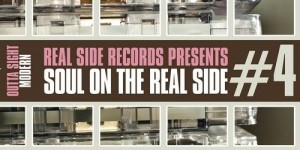Esther Phillips and the Capricorn Princess
Esther Phillips was one of the first female superstars of R&B. She had seven Top 10 hits on the R&B charts in 1950 alone.
In 1972, Creed Taylor took her to his newly created Kudu Records label, a subsidiary of his main CTI Records. On Kudu, Grover Washington, Jr. recorded his first highly acclaimed albums.
Now, two of the seven albums she recorded for Kudu are available on CD for the first time. The 1973 album “Black-Eyed Blues” is, as the title suggests, a bluesy affair, but not really in the traditional sense. Phillips’ distinctive voice is accompanied here by a stellar cast of musicians, among them Ron Carter, Pepper Adams, Jon Faddis, and Pee Wee Ellis guaranteeing that there is a high dose of improvisation involved as well. Recorded at the famous Rudy van Gelder studios, which Creed Taylor almost exclusively used, Phillips opens the album with the Bill Withers-penned “Justified”, giving it an edgier folk touch right at the beginning. Her most valuable moments are witnessed in the ballads, of which Duke Ellington’s “I Got It Bad And That Ain’t Good” is the most impressive.
Esther Phillips’ final album for Kudu came out in 1976. “Capricorn Princess” includes more than one disco track trying to revive her success with the disco version of “What A Difference A Day Makes” from a year earlier. But those attempts are not really working here and sound at times too corny. Once again, she sounds best with the ballads, among them “I Haven’t Got Anything Better To Do” and “A Beautiful Friendship”. The musicians are, once again, of the highest caliber with, among them, Bobby Lyle, Don Grolnick, Ralph MacDonald, Randy Brecker and his brother Michael, Steve Gadd, or Eric Gale. But even Pee Wee Ellis can’t save the grotesque version of the Johnny Mercer classic “Dream” which comes close to a total sell-out. The shining track here is the funky “All The Way Down”, which was also recorded around the same time by Etta James, and features the great Joe Farrell on sax and flute. The track somehow was to become a signature tune for her since her drug addiction led to her death in 1984.








